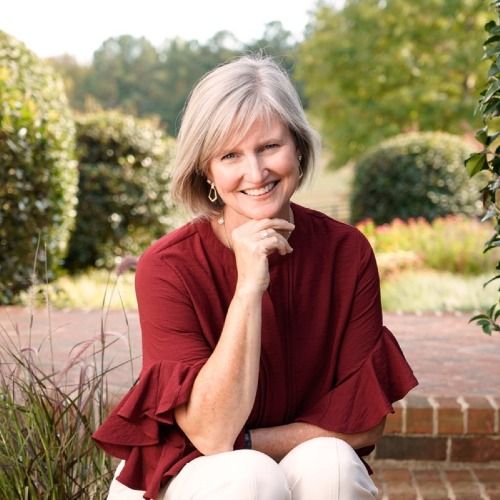Episode 1
A Year of Reading Classics, Week 1: Plato
I'm reading Ted Gioia's "Immersive Humanities Course," 52 weeks of World Classics. We start with Plato! The Last Days of Socrates and excerpts from The Republic.
I'm a beginner at reading the classics, but I've decided to just "crack the book" and get started. Here are a few of my key take-aways from Plato:
- Human nature just doesn’t change. Socrates talks about how to influence a crowd (by misrepresenting ideas), and he gives a pretty funny explanation of misanthropy that I didn’t expect. (You hate people because you expect them to be perfect and they aren’t. Grow up, get real, and understand that the vast majority are neither purely good or purely evil, but somewhere in the middle.)
- The distinction between an Idea (maybe think of it as a quality, like Beauty) and the thing that has the beauty (like a beautiful vase, for example) is important. The object can point to the Truth of the quality but never perfectly. It is critical to be very clear on what is the Idea and what is the object exemplifying that Idea. That sounds very obvious when I write it but in the real world it is easy to skip over.
- These books covered things I had heard of, like the Theory of Ideas, the Argument from Affinity, and the Theory of Recollection. I won’t go into them here, but I have kept notes to trace them for myself. There was a surprising amount of reflection on the nature of the soul. Now, of course, I’m wondering exactly when did the Greeks divide man into body and soul, and what exactly did “soul” mean for them? I know they didn’t necessarily think of it like I think of my soul as a Christian.
- Book I of The Republic is all about “doing right,” a phrase for a Greek word that is also translated “justice” but incorporates a much bigger and more moral sense than mere legal justice. There is a lot to think about for people who are considering leadership, especially political leadership.
- Finally, the Cave Allegory. I thought it was basically about not seeing things clearly, but learning to see them as they really are. In fact it is much, much more than that. In particular, Socrates talks about learning to see in the bright light, and then trying to come back to those inside the cave, trying to explain the truth. And there’s a line that I’ll misquote, but the point is, “Are you blind because you have always been in the dark, or are you blind because you were dazzled by brightness?” What a question.
This is a year-long challenge! Join me next week for Greek Poetry and The Odyssey.
CONNECT
To read more of my writing, visit my Substack - https://www.cheryldrury.substack.com.
Follow me on Instagram - https://www.instagram.com/cldrury/
LISTEN
Spotify - https://open.spotify.com/show/5GpySInw1e8IqNQvXow7Lv?si=9ebd5508daa245bd
Apple Podcasts - https://podcasts.apple.com/us/podcast/crack-the-book/id1749793321
Captivate - https://crackthebook.captivate.fm


